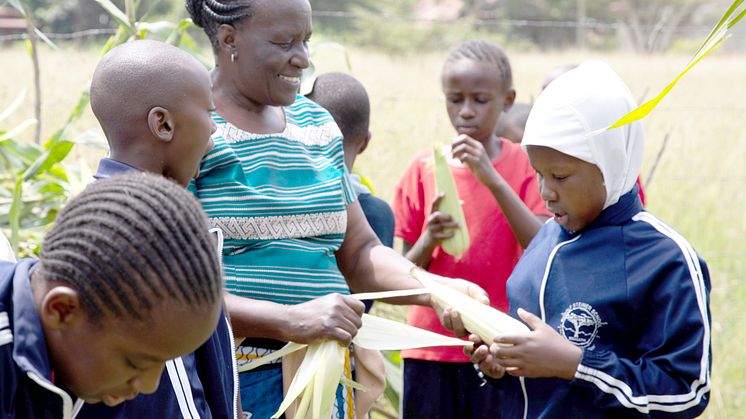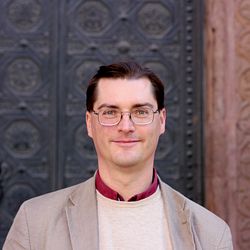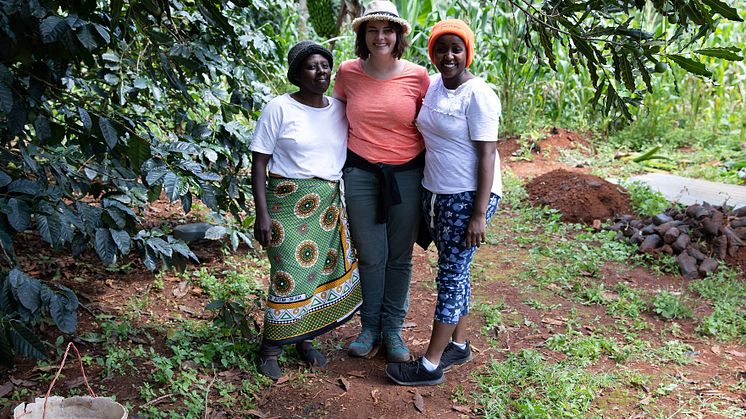
Press release -
“They know the importance of the soil”: Video series ‘Living Farms’ illustrates how Rudolf Steiner School in Kenya applies biodynamic farming
Goetheanum, Dornach, Switzerland, 25 June 2020
“They know the importance of the soil”
‘Living Farms’: Rudolf Steiner School in Kenya applies biodynamic farming
A new contribution to the video series ‘Living Farms’ illustrates how the Mbagathi Rudolf Steiner School in Kenya combines education with basic food provision for its students. The video was made by Lin Bautze (project manager) and Philipp Wilson (camera) from the Section for Agriculture at the Goetheanum.
The Rudolf Steiner School in Mbagathi has 350 students. The eleven-minute documentary, which is part of the ‘Living Farms’ series, focuses on the school‘s agricultural orientation. Food crops are part of the syllabus, for instance the plants that form part of the children‘s breakfast. There is a good reason for this: some of the students attending this school come from very poor backgrounds and are undernourished. The effect of the school meals becomes apparent in their noticeable growth.
The school started in 1989 with a small vegetable plot that has now grown into a large area with fruit trees and fields where vegetables such as cabbage, spinach and carrots are grown. In 2016 farming converted from organic to biodynamic. Francis Kilonzo, who is responsible for the farm and the garden, points out the soil‘s specific properties, “The type of soil we have on our farm it is black cotton soil. During the rain season it retains a lot of water, which makes it difficult for the crops. When the rain goes, it gets dry very fast and makes it hard for the crops to survive.” Red soil and compost are mixed in to improve the soil‘s basic structure: manure from the school‘s own cows, weeds from the garden, kitchen scraps and the five biodynamic compost preparations.
In the gardening lessons the students learn where the food comes from and how it is produced – with long-term effects: some have gone on to become farmers after leaving school. “They really know the importance of the soil, they really know the treasure there is in the soil,” says gardening teacher Rose M. Ingala. A practical solution has been found for the school holidays, when the land is used for students of biodynamic farming and Waldorf education from all over Africa.
(2055 characters/SJ; translation by Margot M. Saar)
Film ‹Rudolf Steiner School Mbagathi› www.youtube.com/watch?v=cpBt866-BOs
Web ‹Living Farms› https://www.sektion-landwirtschaft.org/en/living-farms
Contact person Lin Bautze, lin.bautze@goetheanum.ch
Related links
Topics
Categories
The Goetheanum is the headquarters for the School of Spiritual Science and the General Anthroposophical Society. The School of Spiritual Science with its eleven sections is active worldwide in research, development, teaching, and the practical implementation of its research findings and is supported by the Anthroposophical Society.




